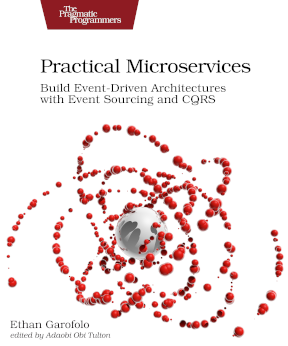How much work at your org gets completed because of the heroic actions of a few people?
Heroics mean working nights, weekends, over holidays, that sort of thing.
What would happen to your org if your heroes got burned out and left?
Mary and Tom Poppendieck, in their book Implementing Lean Software Develoment: From Concept to Cash reinterpreted the seven wastes identified by Lean to fit software. Their list: partially done work, extra processes, extra features, task switching, waiting, motion, defects. The authors of The DevOps Handbook added nonstandard or manual work and heroics.
Heroics are waste.
In an episode of the Lean Enterprise Institute’s podcast, guest Dan Heath said two salient points that I’ll paraphrase:
- The hero isn’t the one who jumps in to save the day; the hero is the one who made it so the day didn’t need to be saved.
- The presence of the need for heroics means that something went wrong upstream.
Needing heroics means your normal workflow broke. It’ll happen sometimes, but relying on it as a standard operating procedure brings a lot of risk.
And watch out for folks who thrive on heroics. Why are they unable to work with the rest of their team? Do they have a perverse incentive to make sure systems stay broken? Why do they feel that need? Is there something we’ve done as leaders to make them think that if they aren’t heroes, we’ll value them less?
So yeah, in fictional stories it’s great to have heroes to model virtue, and we certainly have gratitude for people who are available to jump in when the times call for it.
But can we work on stopping making the times call for it?
I can’t think of a better way to thank heroes than making it so that they don’t have to be heroes.
